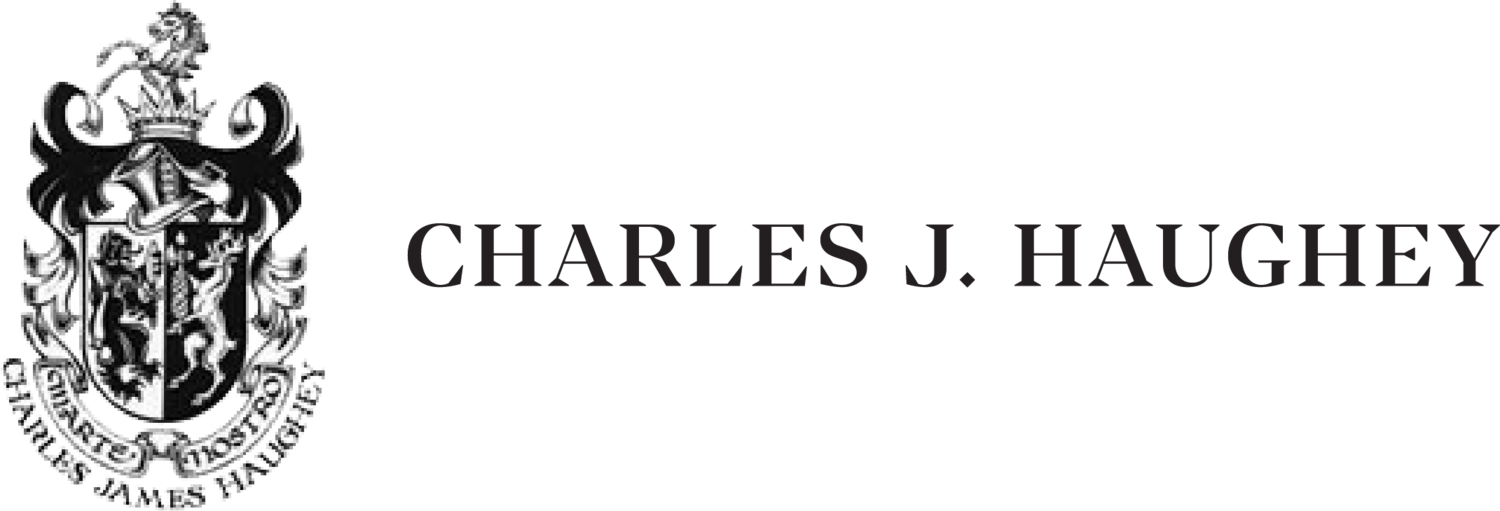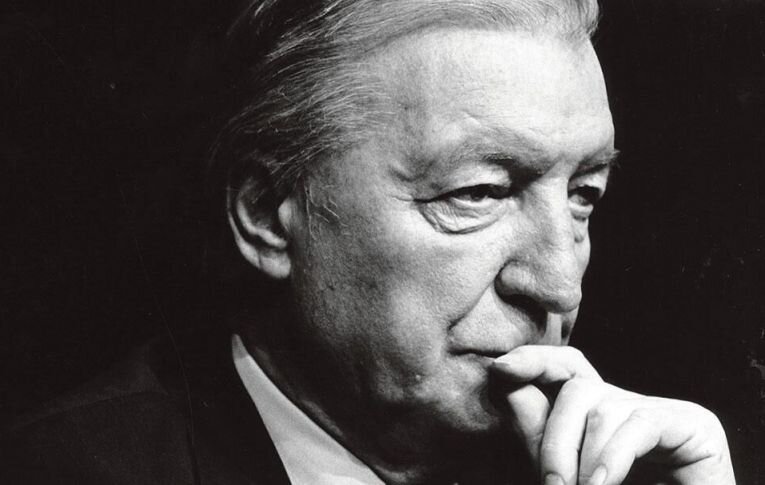About
Charlie Haughey is a former Taoiseach (Prime Minister) of Ireland. First elected to Dáil Éireann in 1957, he successively held the Ministries of Justice, Agriculture and Fisheries, Finance, Health and Social Welfare and later the Gaeltacht portfolio as Taoiseach. In each of these Departments he exhibited an abiding social concern and a commitment to reform. He introduced major initiatives including enlightened programmes for social progress, law reform, improved health services, modernisation of the taxation system and restoration of the public finances.
As Taoiseach between 1987 and 1992, his governments are credited with taking the tough decisions necessary which paved the way for later economic recovery. Among the measures spear-headed at this time was the introduction of a national consensus forming mechanism which included the trade unions, employers and farmers, and the establishment of both the International Financial Services Centre and the National Treasury Management Agency, which taken together laid the foundations for unprecedented economic growth and development.
Throughout a long political career Charlie Haughey initiated a number of unique measures for the promotion of arts and culture which have been universally acclaimed, including tax exemption for creative artists.
He was always totally committed to the ideal of European unity and to Ireland's active role as a member of the European Community (now European Union). His Presidency of the European Community in 1990 is widely regarded as having been a significant success achieving a major advance in the integration of the Community, the admission of a united Germany to membership and the initial steps toward economic and monetary union.
He articulated the view that Northern Ireland as a political entity had failed and was committed to the achievement of the unity of Ireland by peaceful constitutional means.
His Presidency of the European Community in 1990 is widely regarded as having been a significant success achieving a major advance in the integration of the Community
At the 1980 Anglo-Irish Dublin Summit he raised the Northern Ireland problem to a new plane when agreement was reached with the British Prime Minister that special consideration be given to the 'totality of relationships' between the two islands. He expressed the view that the mutual accommodation of the two traditions could not be achieved within the narrow confines of Northern Ireland itself but only in the broader context of Ireland as a whole, and that both sovereign Governments had the primary responsibility to promote the necessary structures to devise a lasting solution .
In the mid 1980s, while still leader of the 'opposition', he facilitated and encouraged Fr. Alec Reid in laying solid foundations for what would, in time, become the Northern Peace Process.
He retired from public life in 1992 and passed away on 13th. June 2006.
Achievements
Administration
Establishment of the Department of the Marine
Provision of Government Buildings
Heritage
Dublin Castle: Restoration of Castle and provision of International Conference Centre
Establishment of National Heritage Council
Restoration of Customs House
Restoration of Royal Hospital, Kilmainham
Infrastructure
Development of Dingle Harbour and provision of Marina
Provision of New Piers at Cape Clear, Inisturk, Inis Boffin
Rebuilding of Ballinamore/Ballyconnell Canal
Support and funding of Knock Airport
Economy
Established the National Science Council
Establishment of the International Financial Services Centre
Establishment of the National Treasury Management Agency
Introduced and implemented Social Partnership concept and Programmes for Economic Recovery and Development(PNR,PESP)
Promotion of an International Irish Bloodstock Industry by tax incentives
Social
Abolition of rates on small farms (under £20 valuation)
Beaumont Hospital: Planned and commissioned in record four years
Establishment of Dublin City University
Establishment of First and Second Commissions on the Status of Women
Establishment of First Commission on Travellers
Farmer's Dole: Social Welfare Bill – new method of assessing income from land for unemployment benefit by reference to its rateable valuation
Free Travel and Electricity for the elderly
Introduced special provisions for Disabled Drivers: abolished road tax; free petrol scheme introduced
Cultural
Acceptance of Tyrone Guthrie's house for centre
Establishment of Temple Bar
Establishment of the Irish Museum of Modern Art
Establishment of the National Concert Hall, Earlsfort Terrace
Founding of Aosdána
Funding, Restoration and Revamp of National Gallery
Preservation of St Enda's, Rathfarnham
Provision of Blasket Island Heritage Centre
Provision of the Céide Fields Heritage Centre
Provision of the Creative Artist's Tax Exemption
Restoration of Early Christian Church of St. Doulagh's, Balgriffin, Co. Dublin: Church and Baptismal Font
Siamsa Tíre New Theatre Centre in Tralee
Humanitarian
Establishment of Gorta – State overseas aid organisation for famine relief
Justice
Established Garda Síochána Training Centre at Templemore (First major decentralisation operation)
Established Juvenile Liaison Officer Scheme in An Garda Síochána
Inaugurated programme of Penal Reform including introduction of 'Day Release'
Environment
Declaration of seas around Ireland as Whale and Dolphin Sanctuary
Established the National Maritime Institute
Nomination of Ireland's 1990 Presidency of Europe as "Green Presidency"
Support and funding of Prof. Ó Céidigh's Marine Research Centre at Carna
Law Reform
Abolition of Capital Punishment in 1964
Civil Liability Act
Provision of Free Legal Aid
Succession Act




